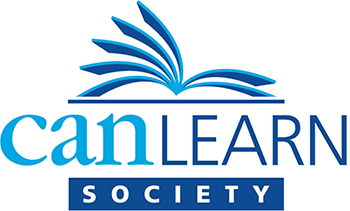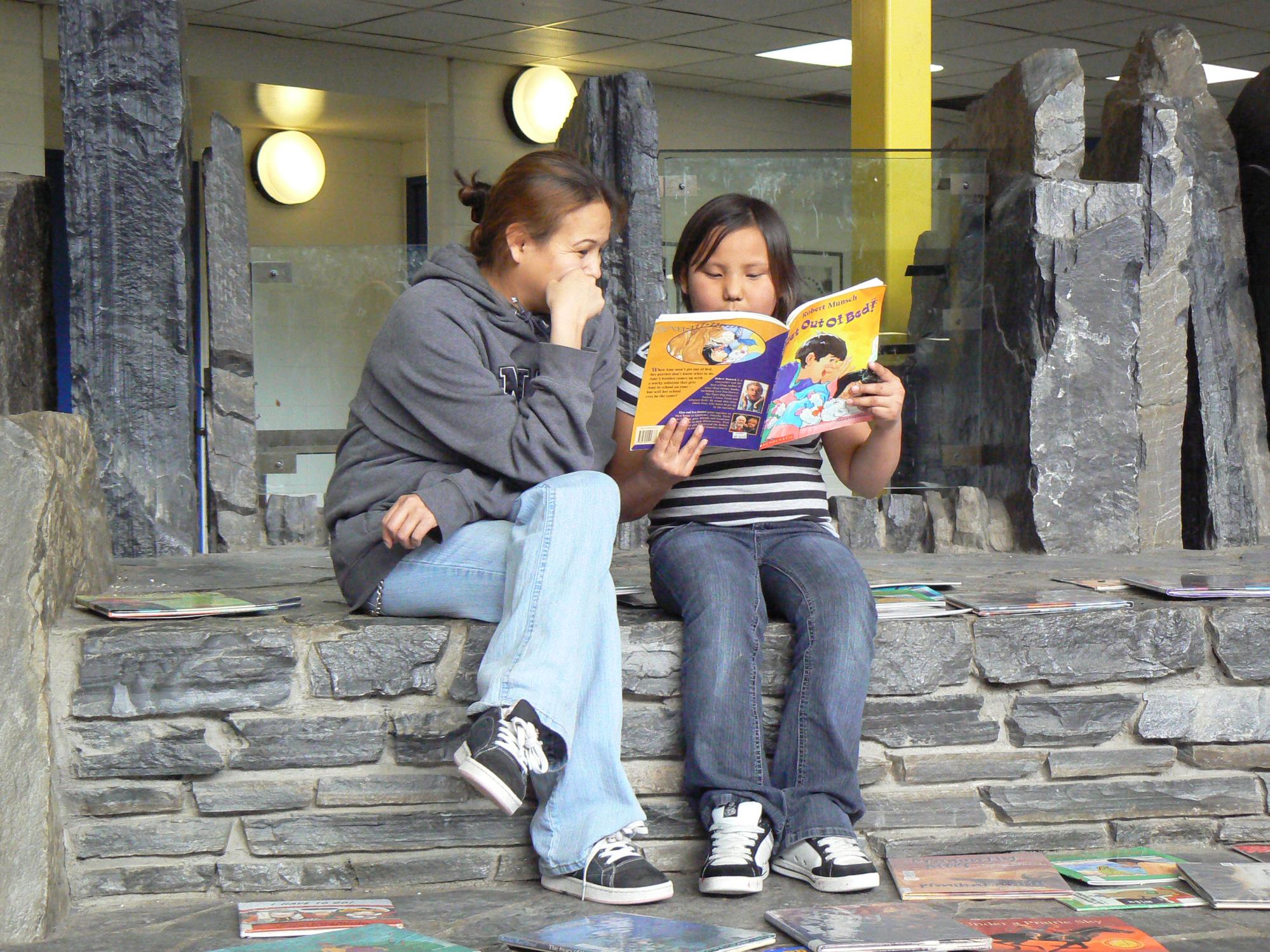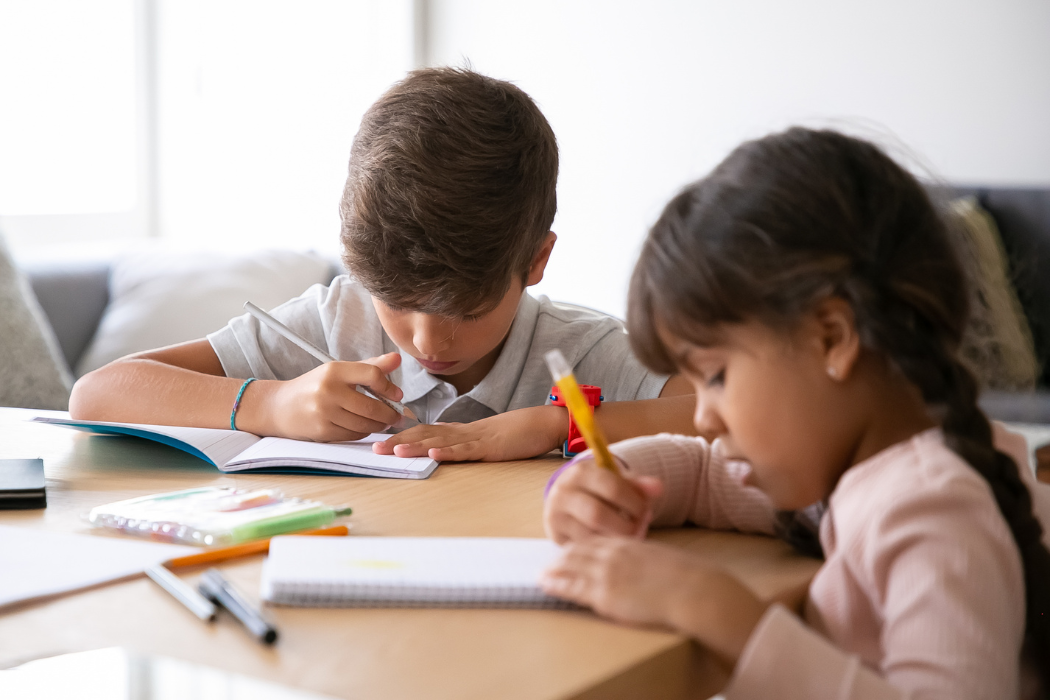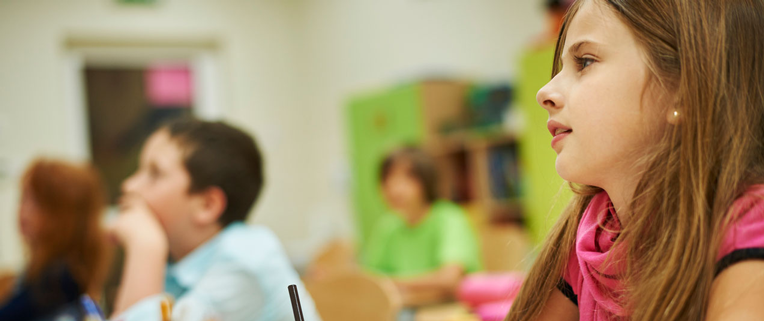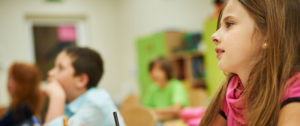Learning the Circle Way
“This is how you change the world, the smallest circles first… That humble energy, the kind that says, ‘I will do what I can do right now in my own small way,’ creates a ripple effect on the world.”
― Richard Wagamese, One Drum: Stories and Ceremonies for a Planet
Over the past year, I was a part of the Indigenous Learning Circle offered by Calgary Learns and led by Lisa L’Hirondelle.
The purpose of the Circle was to engage adult foundational learning practitioners to explore the historical issues shaping the experience of Indigenous learners. The intention was to open hearts, learn and connect.
When I received the invitation to join the Circle, I thought I knew a lot about the issues shaping the experiences of Indigenous learners. I understood why they were reluctant to come to a program and why many were shy or hesitant to express an opinion or idea. I wasn’t one of those people who needed to be convinced that Residential Schools were horrific and that they left a lasting legacy of inter-generational grief, trauma, and loss. I have been aware for a long time that, although diverse, Indigenous learners ‘ views on learning go beyond learning to read and write. I have known that the Circle is a symbol in Indigenous spirituality, gatherings of people, songs, and dances.
Little did I know that this would be one of the most memorable learning experiences I’ve ever had!
We met once a month and talked for an hour and a half.
Hearing the stories of grief and loss that our Indigenous people hold in their hearts and minds would often bring me to the verge of tears. I did not want to cry in front of my colleagues, so I would fight back my tears by biting my lips and fidgeting with something. All I wanted to do after each session was cry and scream and let it all out – my grief, my sadness, my anger. I read somewhere that when we cry, where our tears fall from our eyes can tell us a lot about how we are feeling. If the tears fall from the middle of our eyes, we are feeling anger. If they fall from the left side of our eyes, we feel grief and sadness.
The Circle provided many opportunities to build our understanding and knowledge about the history of colonization, including the residential school system. We were encouraged to read articles and watch Ted Talks and YouTube videos by Indigenous authors, take ownership of our learning and find other colleagues interested in decolonization and process experiences together.
One of the first reading recommendations shared with us was the book Half-Breed by Maria Campbell. I stayed up all night reading it. It lingered in my mind for days. Since then, I have spent hours reading poetry, stories, and novels by Thomas King, Rita Joe, Sherman Alexie, Jesse Thistle, Suzanne Methot, Drew Hayden Taylor, Richard Wagamese, and many others. To understand our Indigenous learners, we must know not simply their history but also their literature. Indigenous literature tells us what Indigenous people experienced throughout history, what they think and feel, how they look at life and death, what they love, what they fear, and how and why they laugh.
Yes, you read correctly – laugh! I learned that humour and laughter are integral to Indigenous identity. If you haven’t done so, listen to the podcast Healing Through Humour.
Lisa, thank you for this fantastic learning journey!
Nada Jerkovic – Manager, Literacy Programs
Happy 44th CanLearn!
CanLearn’s 44th Birthday is today, and we are celebrating with some fun #throwback photos on our social media channels.
February 14th is CanLearn’s Birthday, Valentine’s Day AND International Book Giving Day!
We are celebrating by asking for donations of $44 to help us buy CanLearn families books for their home libraries, access to literacy materials and expanded programming!
We hope you will join us in celebrating the work that CanLearn does to help with literacy skills and reading difficulties.
To make a donation of $44, please visit our donation page at www.canlearnsociety.ca/donations.

CanLearn Newsletter – January 2023
CanLearn News & Updates
Read the January 2023 CanLearn newsletter.Family Literacy Day – 2023
Family Literacy Day is an initiative created by ABC Life Literacy Canada in 1999 to raise awareness about the importance of reading and engaging in other literacy-related activities as a family. Every year on January 27, ABC Life Literacy Canada hosts Family Literacy Day. This year’s theme is “Celebrate Your Heritage.”
Continue readingCanLearn Newsletter – December 2022
Coping with Holiday Stress
While many anticipate the excitement of the holiday season, for children and adults with ADHD, it can be an overwhelming experience filled with party planning, socializing, and last-minute shopping and errands.
Continue readingEffectiveness of CanLearn’s ADHD Programs
ADHD is a neurodevelopmental disorder. Historically, research about the disorder has focused on children and teens struggling with ADHD symptoms and the impairments these can cause in school. Unfortunately, many don’t realize that neurodevelopment is a lifelong process. Since most of our lives are spent in adulthood, the impacts of ADHD on school must be only part of our focus in treating the disorder. Given that most people with ADHD have symptoms that continue past adolescence, we have been working with the CanLearn Society over the past 18 months to evaluate their programming for adults with ADHD. To get a sense of their experiences and perceptions of the programs and determine whether they are equally effective across young, middle, and late adulthood.
Adults living with ADHD often struggle with executive skills like planning and organization, which may impact everyday functioning and cause problems with motivation, memory, or reliability. Adults with ADHD also commonly struggle with emotional regulation; for example, they can be highly sensitive to rejection or have difficulty managing their anger. Helping people improve their everyday executive skills and emotional regulation is the objective of CanLearn’s services for adults.
CanLearn’s current programs include a support group called “Let’s Talk ADHD” and a one-on-one ADHD coaching service. “Let’s Talk ADHD” is offered every few months for 90 minutes weekly over seven weeks. It employs a group cognitive behaviour therapy framework and includes mindfulness, psychoeducation, skills development, and social support components. The coaching program usually consists of eight one-hour sessions over 16 weeks. Coaching sessions introduce methods of mindfulness and self-regulation and educate clients on executive function and neuroscience basics. Both programs aim to help clients develop skills and strategies for managing challenges associated with ADHD in adulthood and incorporate modes of effective treatment that have been proven effective in large, well-designed research studies.
In our collaboration with the CanLearn Society, we have measured the impact and effectiveness of the “Let’s Talk ADHD” and coaching services. Clients who decide to participate complete confidential surveys before beginning their program, immediately post-completion, and three months after completing their program. These questionnaires ask about ADHD symptoms, executive skills, functioning in everyday life, and quality of life. We also ask participants to complete measures of program satisfaction. We have gathered data since October 2021, and 31 CanLearn clients have opted to participate in this program evaluation. We are pleased to see that the responses we have collected to date generally show that clients perceive an improvement in their ADHD symptoms after completing the CanLearn programs. They also report improved executive skills, everyday functioning, and quality of life. We will continue to gather results until March 2023 and explore more detailed questions, such as whether men and women benefit from these programs to the same extent and whether younger and older adults report similar improvements after participating.
The availability of effective treatments for adults with ADHD is essential because research studies show that appropriately managing the symptoms of ADHD – whether through medication, behavioural supports, or both – can significantly offset the difficulties incurred by ADHD and greatly improve quality of life. We are excited to collaborate with the CanLearn Society to ensure their programs meet the needs of all individuals across their diverse clientele.
Susan Flynn Lowry (BA Honours, Psychology, 2022) is supervised by Dr. Brandy Callahan and is part of the University of Calgary’s Neurocognitive Disorders Lab in the Department of Psychology. Dr. Callahan is an Assistant Professor at the University of Calgary, and her research aims to understand how individuals with ADHD experience aging. The work described here was funded by a Partnership Engage Grant from the Social Sciences and Humanities Research Council.
